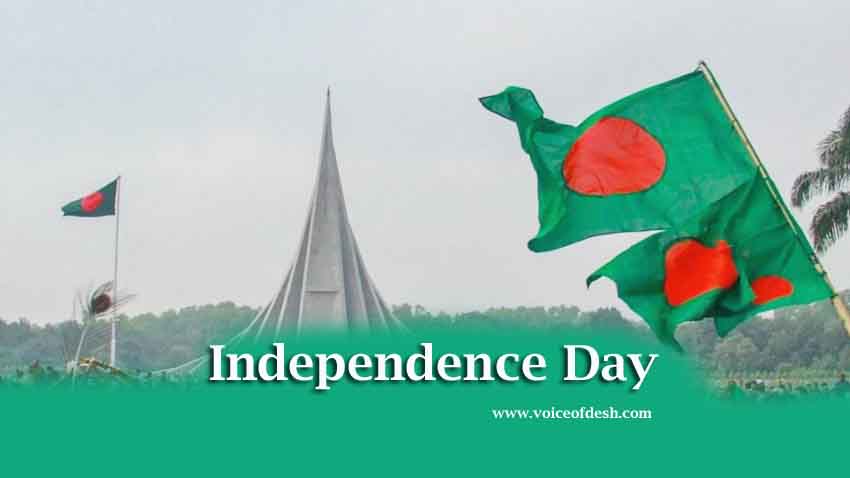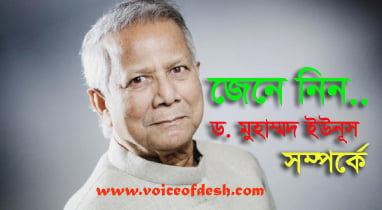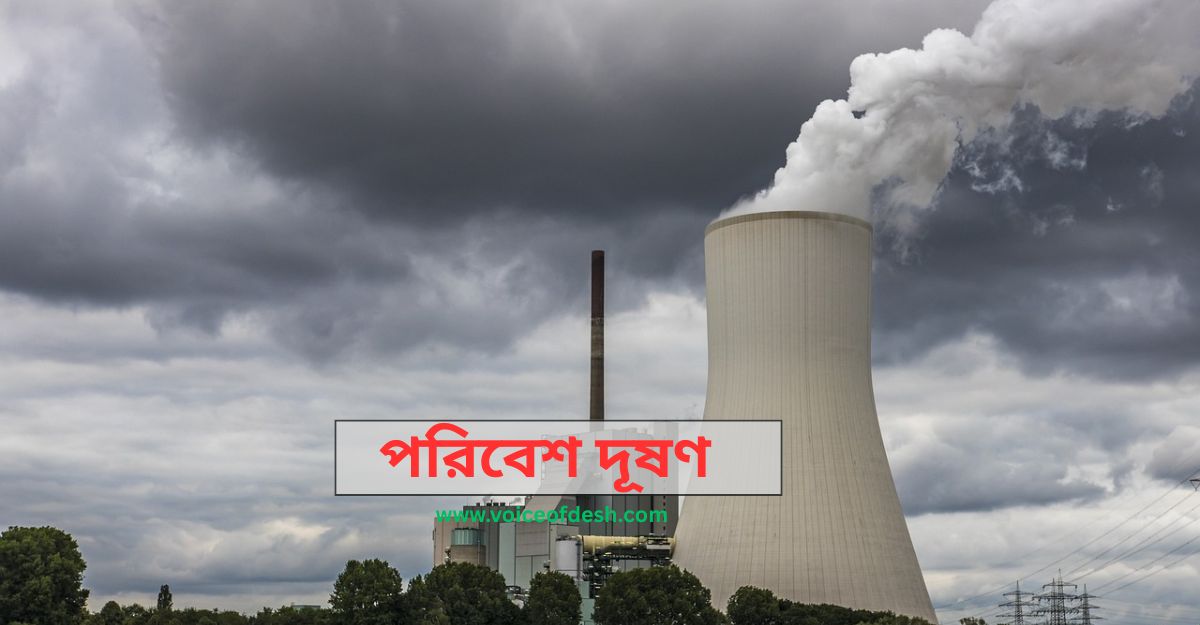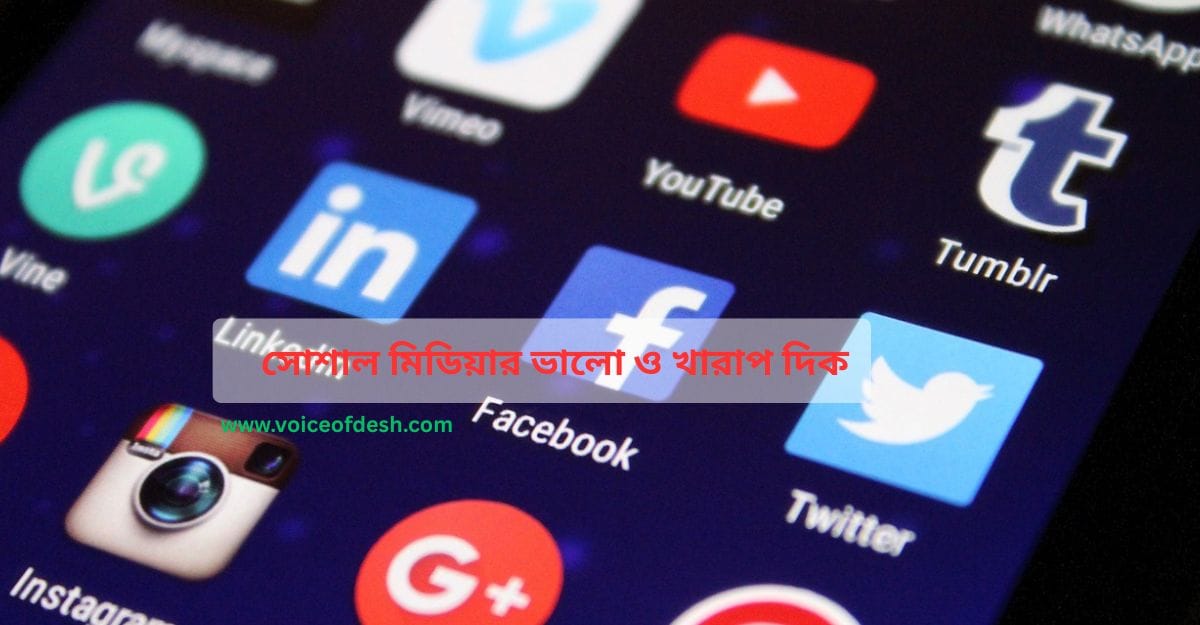Bangladesh Independence Day – March 26 in Bangladesh
March 26 is a national holiday in Bangladesh, marking the country’s Independence Day. It commemorates the official declaration of independence from Pakistan in 1971, which led to the Bangladesh Liberation War and eventual victory on December 16, 1971.
Significance
On March 26, 1971, following years of political and economic discrimination by West Pakistan (now Pakistan), Sheikh Mujibur Rahman declared Bangladesh’s independence. This led to a nine-month-long war against the Pakistani military, culminating in victory on December 16, 1971.
How Bangladesh Celebrates
National Parade – Held in Dhaka, featuring military displays and cultural programs.
Tributes at National Martyrs’ Memorial (Jatiyo Sriti Shoudho) – To honor those who sacrificed their lives.
Fireworks & Cultural Events – Celebrations across the country with music, dance, and performances.
Public Gatherings & Speeches – Political leaders and citizens reflect on the country’s journey.
Historical Context
- March 7, 1971 – Sheikh Mujibur Rahman delivered his historic speech at the Racecourse Ground (now Suhrawardy Udyan), inspiring the people to prepare for independence.
- March 25, 1971 – The Pakistani military launched Operation Searchlight, a brutal crackdown in Dhaka, killing thousands of civilians.
- March 26, 1971 – The declaration of independence was made, marking the beginning of the war.
- December 16, 1971 – Victory Day (Bijoy Dibosh), when Bangladesh officially became independent after Pakistan’s surrender.
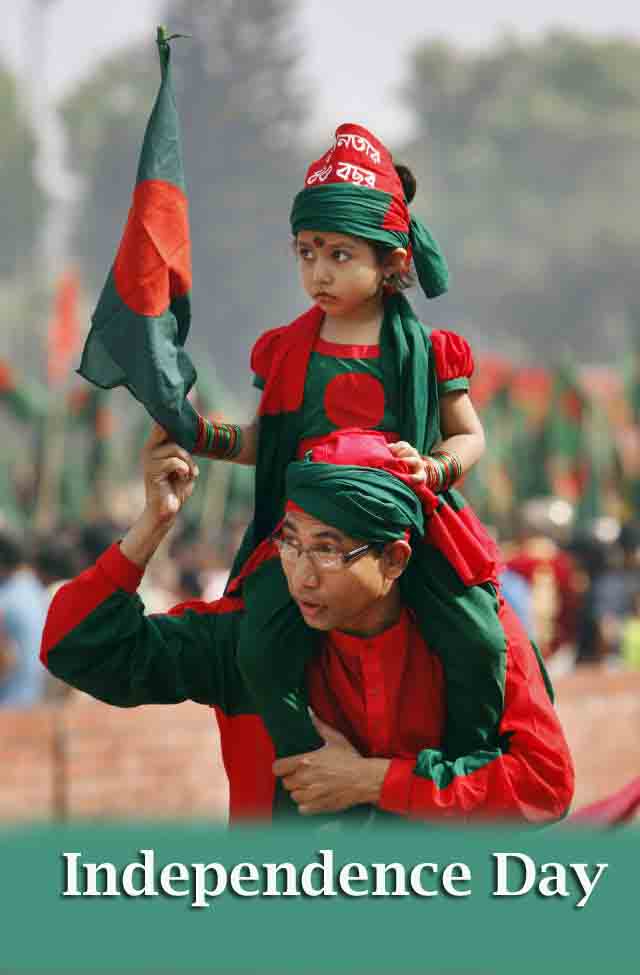
Independence Day
The Liberation War of Bangladesh: A Struggle for Freedom
Introduction
The Liberation War of Bangladesh in 1971 was a defining moment in South Asian history. It was a struggle for independence from Pakistan, culminating in the emergence of Bangladesh as a sovereign nation. The war lasted for nine months, leading to immense human suffering, but also showcased the resilience and determination of the Bengali people. The war was rooted in decades of political, economic, and cultural oppression imposed by West Pakistan (present-day Pakistan) on East Pakistan (now Bangladesh). This article delves into the causes, key events, and consequences of the war that shaped the destiny of Bangladesh.
Background: The Roots of the Conflict
The roots of the Bangladesh Liberation War can be traced back to 1947, when the Indian subcontinent was partitioned, creating India and Pakistan. Pakistan was divided into two geographically separated regions: West Pakistan and East Pakistan. Despite having a larger population, East Pakistan faced systemic economic, political, and cultural discrimination from the ruling authorities in West Pakistan.
Political Discontent
Language Movement (1952): The imposition of Urdu as the sole national language of Pakistan was met with strong resistance in East Pakistan, where Bengali was spoken by the majority. This led to the historic Language Movement, where several protesters were killed on February 21, 1952. This day is now observed as International Mother Language Day.
Economic Disparity: Despite generating a significant portion of Pakistan’s revenue through jute exports, East Pakistan received far fewer resources for development compared to West Pakistan.
Political Marginalization: The government of Pakistan was heavily controlled by West Pakistan. East Pakistan had little representation in decision-making, leading to growing dissatisfaction.
The Road to War
The 1970 General Elections
In the 1970 General Elections, the Awami League, led by Sheikh Mujibur Rahman, won a landslide victory by securing 160 out of 162 seats allocated to East Pakistan in the National Assembly. This gave the Awami League the majority needed to form a government. However, the ruling elite in West Pakistan, led by President Yahya Khan and Zulfikar Ali Bhutto, refused to transfer power. This led to widespread protests and calls for autonomy in East Pakistan.
Operation Searchlight: The Start of the War
On the night of March 25, 1971, the Pakistani military launched Operation Searchlight, a brutal crackdown on Dhaka and other cities. Thousands of civilians, including students, intellectuals, and political activists, were killed. Sheikh Mujibur Rahman was arrested and taken to West Pakistan. This massacre intensified the demand for full independence.
Declaration of Independence
On March 26, 1971, Bangladesh’s independence was officially declared. Major Ziaur Rahman, on behalf of Sheikh Mujibur Rahman, announced the declaration of independence via radio from Chittagong. This marked the beginning of an all-out war for liberation.
The Liberation War: Key Events
The war lasted from March to December 1971, during which the Bengali freedom fighters, known as the Mukti Bahini, engaged in guerrilla warfare against the well-equipped Pakistani army.
Formation of the Provisional Government
On April 17, 1971, the Provisional Government of Bangladesh was formed in Mujibnagar, with Sheikh Mujibur Rahman as the President (in absentia), Tajuddin Ahmad as the Prime Minister, and General M.A.G. Osmani as the Commander-in-Chief of the Mukti Bahini. This government coordinated the war effort and sought international support.
Role of Mukti Bahini
The Mukti Bahini (Freedom Fighters), consisting of defected soldiers, students, and ordinary citizens, played a crucial role in resisting the Pakistani army. They engaged in guerrilla warfare, sabotaged supply lines, and attacked enemy bases.
The Role of India
The conflict escalated into a regional war when India formally joined on December 3, 1971, after Pakistan launched preemptive airstrikes on Indian territory. The Indian Armed Forces, led by General Sam Manekshaw, supported the Mukti Bahini and launched a swift military campaign.
The Surrender of Pakistan
On December 16, 1971, Pakistan’s military surrendered in Dhaka. General A.A.K. Niazi, the commander of the Pakistani forces in East Pakistan, signed the Instrument of Surrender before Indian General Jagjit Singh Aurora, marking the official creation of Bangladesh.
Consequences of the War
Human and Economic Costs
The war had devastating consequences:
Loss of Lives: An estimated 3 million people were killed.
Genocide and Atrocities: The Pakistani military and its collaborators committed mass killings, rapes, and forced displacements.
Refugee Crisis: Nearly 10 million people fled to India.
Economic Collapse: Infrastructure was destroyed, and the economy was left in ruins.
Birth of Bangladesh
Bangladesh emerged as an independent nation on December 16, 1971.
Sheikh Mujibur Rahman was released from prison in Pakistan and returned to Bangladesh in January 1972.
A new constitution was drafted, emphasizing democracy, socialism, secularism, and nationalism.
International Recognition
Following the victory, Bangladesh received widespread international recognition. India, the Soviet Union, and the United Kingdom were among the first to recognize the new nation. The United Nations admitted Bangladesh as a member in 1974.
Legacy of the Liberation War
The Liberation War is a defining part of Bangladesh’s identity. It has influenced the country’s politics, society, and culture in numerous ways.
War Crimes Trials
Decades later, Bangladesh initiated the International Crimes Tribunal (ICT) to bring those responsible for war crimes to justice. Many collaborators of the Pakistani military were tried and sentenced.
Commemoration
March 26: Independence Day
December 16: Victory Day
February 21: International Mother Language Day, recognizing the sacrifices of the Language Movement that led to the war.
Conclusion
The Bangladesh Liberation War of 1971 was a heroic struggle for freedom, justice, and self-determination. It was a war fought with immense sacrifice, leading to the birth of a new nation. Bangladesh continues to honor the bravery of its people and remains committed to the ideals of democracy and human rights. The war’s legacy serves as a reminder of the importance of resilience and unity in the face of oppression.


